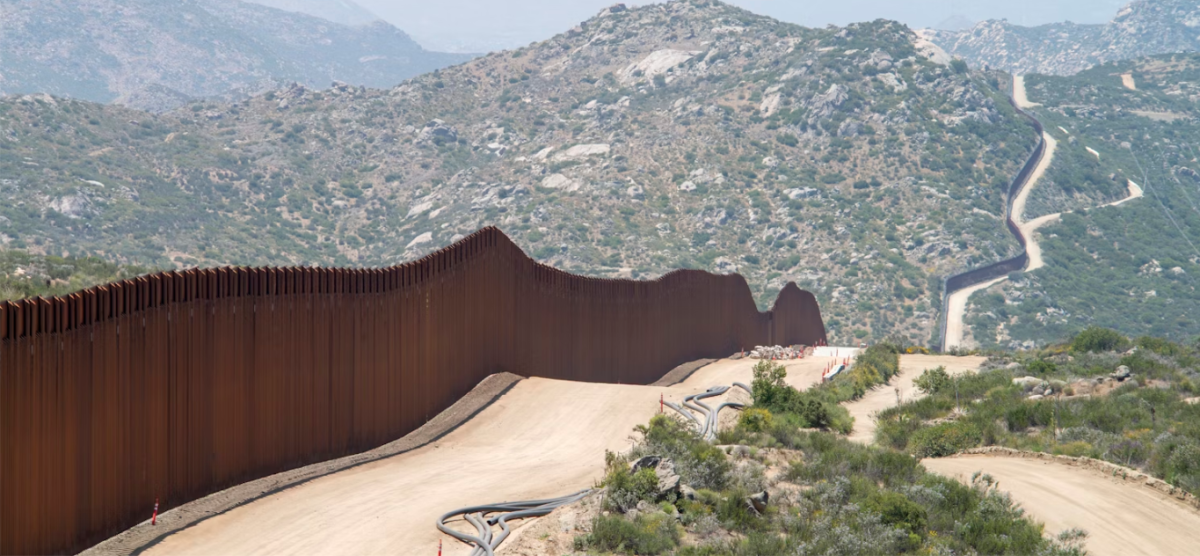On Thursday, Arizona Gov. Katie Hobbs signed a repeal of the state’s near-total abortion ban that has been on the books since the Civil War, ending a political scramble sparked by a controversial state Supreme Court ruling last month.
On April 9th, the Arizona Supreme Court ruled that the state could enforce a long-dormant law that bans nearly all abortions. This would drastically alter the legal landscape for terminating pregnancies in a state likely to have a key role in November’s presidential election.
The law, which predates Arizona’s statehood, provides no exceptions for rape or incest and only allows an abortion if the mother’s life is in jeopardy. The court suggested doctors could be prosecuted for violating the law, though the majority opinion didn’t explicitly state it.
Last week, the Arizona Senate voted to repeal the near-total ban on abortion that was upheld by the battleground state’s Supreme Court last month.
The conservative-leaning court’s decision made enforceable a law making abortion a felony punishable by two to five years in prison — for anyone who performs or helps a woman obtain an abortion. The law, which was codified in 1901 and again in 1913, after Arizona gained statehood, outlaws abortion from the moment of conception but includes an exception to save the woman’s life.
After the U.S. Supreme Court overturned Roe v. Wade in 2022 — striking down constitutional abortion protections and handing the power to regulate it to the states — legal questions popped up immediately over whether Arizona officials were obligated to enforce the 1864 law, which had never been repealed, or a 15-week ban on abortion from 2022 that was designed to snap into effect if Roe was struck down.
The Arizona Supreme Court’s April 9 ruling that the 1864 law took precedence and was enforceable sparked a national outcry — including from Republicans all the way up to former President Donald Trump, who demanded the state find a way to mute the effects of the ban — and set in motion a rapid chain of events in the Legislature to repeal it.
The effort, which included weeks of failed attempts to advance a repeal bill, culminated on Wednesday when the state Senate gave it final approval. A week earlier, on its third attempt in three weeks, the state House had also passed the repeal. In both closely divided chambers, a handful of Republicans — three in the state House and two in the state Senate — joined with Democrats to pass the bill.
The legislative steps for the repeal were met with praise every step of the way from reproductive rights groups and Democrats, including President Joe Biden.
But even after Hobbs’ signature, the road ahead on how and what abortion restrictions will be enforced in Arizona remains complicated: The ban is still bound to go into effect for a period of time due to unique aspects of Arizona law.
Under the Arizona Constitution, a fully enacted repeal of a law doesn’t go into effect until 90 days after a legislative session concludes, unless it was passed by a supermajority in both legislative chambers. This means the law will still be in effect until then.







![[Protest Tbilisi April 2024] by [Jelger Groeneveld] is licensed under [CC BY 2.0].](https://flhsprospect.com/wp-content/uploads/2025/01/Screenshot-2025-01-29-151213-1-1200x897.png)
